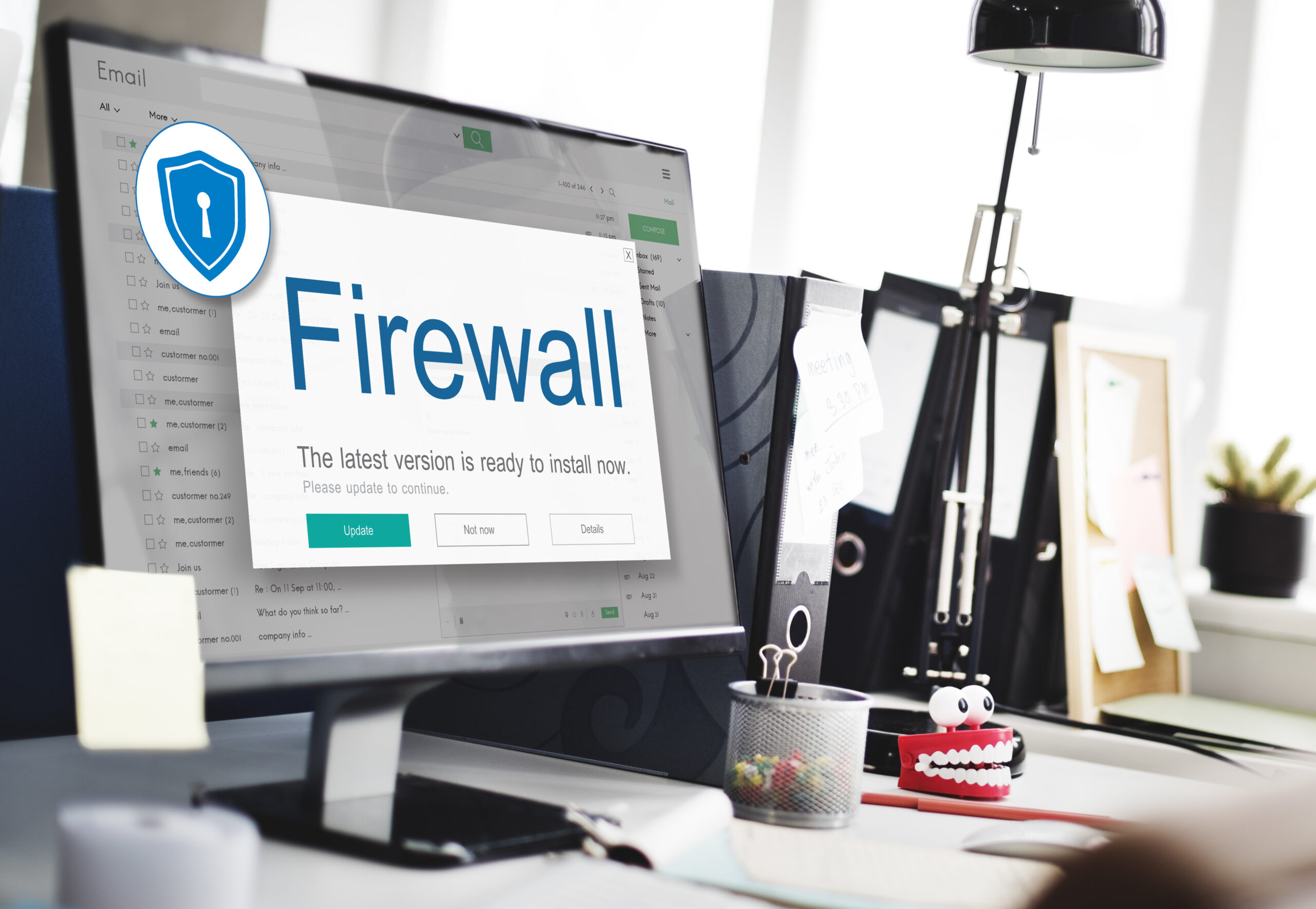
SOAR defined:-
The term “security orchestration, automation, and response” (SOAR) describes a group of tools and services that automate the prevention and response to cyberattacks. Unifying your integrations, specifying how tasks should be completed, and creating an incident response strategy that meets the requirements of your company are the ways in which this automation is achieved.
Security operating centre (SOC) teams who were previously overburdened with tedious and time-consuming chores can now resolve issues more quickly thanks to SOAR technology, which lowers expenses, closes coverage gaps, and increases productivity.
How SOAR operates?
In order to detect and prevent threats, SOAR usually consists of three parts: incident response, automation, and orchestration.
Orchestration:- Orchestration connects internal and external tools, including out-of-the-box and custom integrations, so that they can be accessed from one central place. This allows you to consolidate data and streamline processes, setting the scene for automation. By connecting to a multitude of technologies and integrations, security orchestration enables the centralisation and sharing of information. Even when data is dispersed over the network, orchestration allows these technologies to react to issues collectively throughout the entire environment. Orchestration is essential for coordinating large-scale automation because of these qualities.
Automation:- Tasks which are programmed by automation to be completed automatically. Playbooks, which are sets of procedures that start automatically when a rule or incident is triggered, are used to achieve this. You may monitor alerts, automate processes, and develop responses to crises and threats with Playbooks. You can prescribe a course of action that takes action on its own using security automation. Automation can be used, for example, to program chores, notifications, or incident responses. Additionally, automation speeds up security procedures like threat hunting and remediation, reducing the number of steps required to address possible risks in your environment. SOC teams may concentrate on the signals that are important and spend less time sifting through endless alerts by simplifying jobs and procedures.
AI-powered incident response is made possible by orchestration and automation, which leads to quicker, more precise answers and fewer security flaws to fix.
Why SOAR is important?
Cyberattacks are more frequent than ever before, and their sophistication is only increasing. Because of this, a lot of businesses are now giving cybersecurity top priority, and both consumers and businesses are spending more money on security solutions every year.
Cybercriminals have not slowed down their efforts in spite of this. Data breaches are becoming more frequent, which adds to the deluge of warnings that SOC teams deal with every day. It can take a lot of time, be difficult, and be inaccurate to manually reply to these notifications. Additionally, it has become more challenging to sort through the deluge of warnings from many platforms and acquire a coherent and clear image of your security environment.
This is where SOAR is useful. Without the need for human participation, SOAR technology offers an end-to-end system that automatically detects vulnerabilities and fixes them. An organisation can define and set their response to an event using SOAR technologies, which frees up resources and time to concentrate on projects that are of higher priority.
Discover more from Amigo Cyber
Subscribe to get the latest posts sent to your email.











